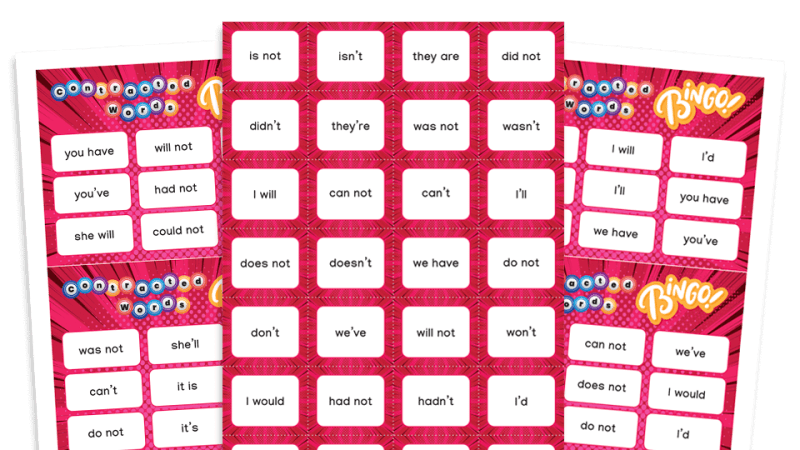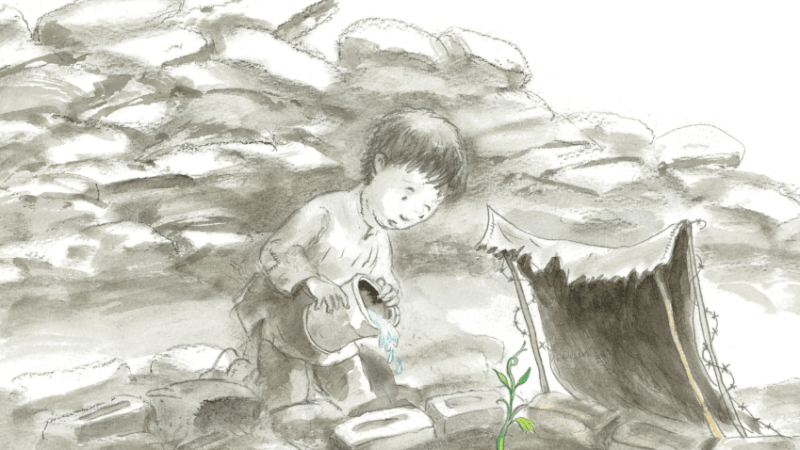Reading for kids – Tips for keeping them interested

Although tech is a great tool, we need to make sure it doesn’t impede pupils’ reading ability, says Cathy Prole…

- by Cathy Prole

Technology saved the day during lockdown. When they couldn’t come into the classroom, children were able to keep learning thanks to the creative use of digital activities, online quizzes and smartphone apps.
Schools also relied heavily on tools such as video conferencing to keep in touch with families and provide support for home learning.
Children who had access to digital devices became adept at using them for researching topics, working on projects and interacting with their teachers and classmates.
Technology kept everyone entertained too, when get-togethers with friends and extended family were not possible. And as teachers, parents, leaders and support staff, we’ve all had to step up the pace and become more tech-savvy.
Online vs offline
The extent to which children have risen to the digital challenge and adapted to the virtual world is impressive. However, since pupils have been back at school, as teachers we’ve noticed that the move to remote learning has affected their ability to read longer pieces of text.
A diet of video clips, sound bites and memes may have boosted digital literacy, but has it dampened offline literacy?
Swiping from one visual stimulus to the next is a very different activity from sitting in a quiet corner with a book, and children are finding it difficult to concentrate on longer stories or more complex written content.
The issue has only been worsened by Covid restrictions keeping the libraries closed for extended periods of time and putting a stop to book sharing.
The problem is that if pupils are unable to read longer pieces of text, it will be more challenging for them to access learning in other subjects as they progress through school.
Without good reading skills, children may find their learning in the arts, sciences and humanities is held back. If they don’t develop a habit of sustained reading, they could also miss out on one of life’s great pleasures – the enjoyment of a good book.
Manageable chunks
When children have become accustomed to consuming content through a fast-paced information feed, long blocks of text can look rather intimidating and it’s all too easy to give up at the first hurdle.
It’s a good idea to break content down into manageable chunks which can be gradually increased. Starting with fifteen minutes of reading followed by a break, you can then build this up as the child becomes more used to focusing for longer periods of time.
To encourage them to spend time on the passage they are reading, try giving each pupil a highlighter pen and challenging them to find particular words in a piece of text.
Then ask them to summarise a paragraph they have just read. It’s also useful to get pupils to scan and skim short pieces of text before helping them consolidate these skills by moving on to longer extracts of writing.
Silent reading
Silent reading is an important skill for learning and for life, but slower readers can easily be discouraged, especially if they are used to accessing visual content at the tap of a screen.
However, it’s not always easy to spot if a child is having difficulties reading alone. One of the tools we use at school to see beneath the surface of reading ability is software that follows a child’s eye movements as they read.
The technology from Lexplore Analytics analyses how long a child’s eyes rest on one word, and how quickly their eyes move forwards and backwards across a series of words.
If the eye movements show a child’s eyes are resting a long time on a particular word, or frequently moving backwards while reading from the screen, this flags up a risk of reading difficulties.
The technology helps us see which children may need additional interventions to help them improve their reading speed so they can sustain reading for longer.
Shared enjoyment
It’s amazing how children’s enthusiasm for reading grows when we encourage groups of pupils to talk about books. Asking children to tell us all about their favourite books is a great way to bring new ideas to the class.
When a child recommends a book to their friends, it is a very powerful endorsement of the book indeed.
Activities such as paired reading with time built in for discussion about the themes can prompt children to start questioning facts and enjoying stories together.
As the world opens up, we are seeing more opportunities for children to get involved in library reading challenges, book fairs and competitions.
It’s also making it easier for us to get parents involved by suggesting ways to get their children excited about reading with projects they can work on at home and at school.
Children’s technology skills have taken a great leap forward over the past year and a half, and we’re keen for them to retain their new expertise.
By making reading engaging, accessible and fun, we can make sure children build their stamina for sustained reading too.
Tips for sustained reading
- Give children content in different formats, for example facts about dinosaurs from an online source, some images on a tablet and a dinosaur story book.
- Make timed reading fun by getting the children to silently read a short story or poem for fifteen minutes, then spend the next fifteen minutes acting out the story in groups.
- Ask each child in the class to name a favourite book, and then ask them to say in one sentence what they liked about it.
- Write the titles of everyone’s favourite book on the whiteboard and conduct a quick survey to see how many people have read each one.
- Hold quiet reading sessions in different places around the school, if possible, such as in the library, the classroom or a peaceful spot in the playground.
Cathy Prole is deputy head at St Michael’s C of E Primary School in Flixton, Manchester.











